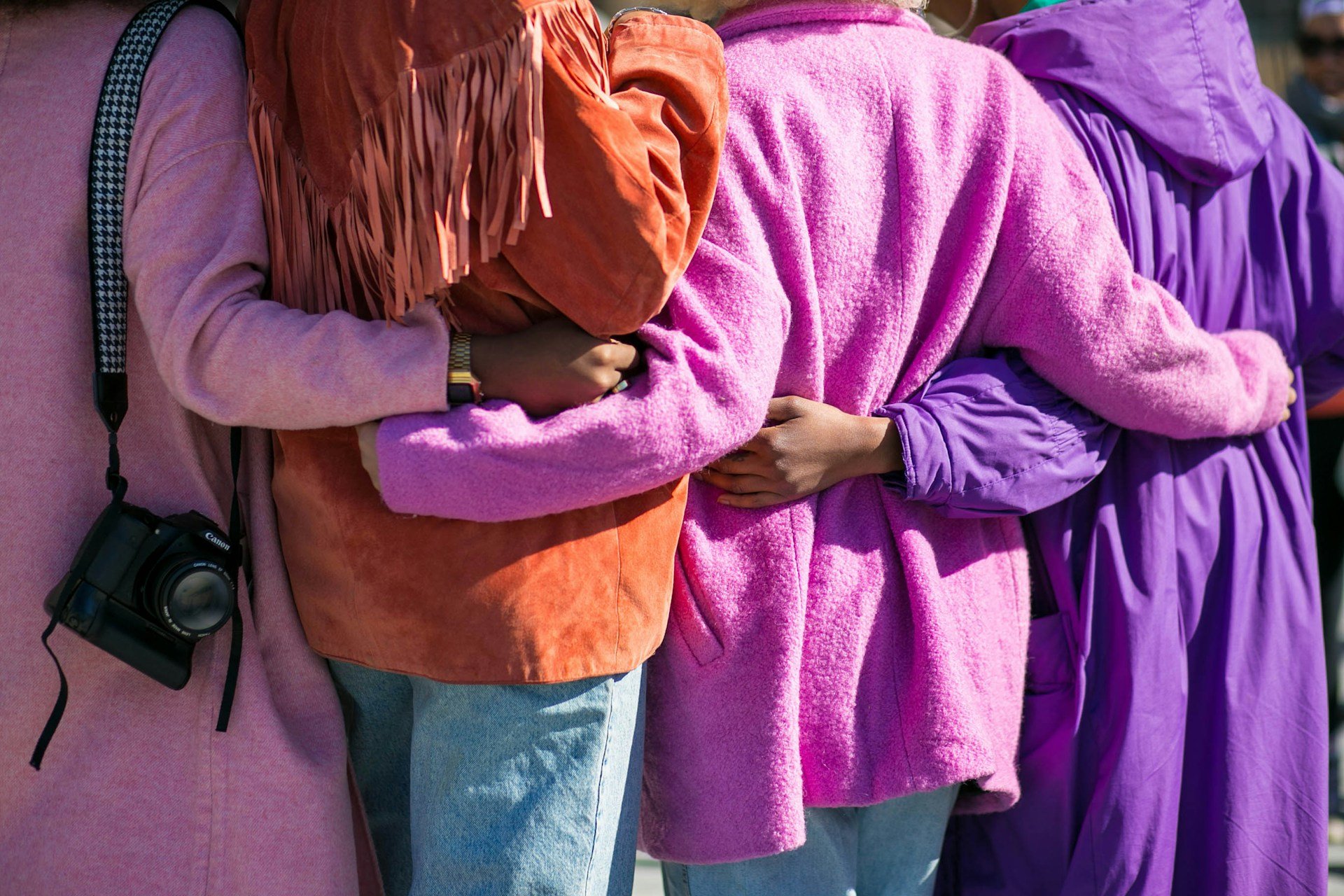Since New Jersey greenlit marijuana, a wave of transformation has swept across the state, changing community dynamics. As these changes unfold, the economy feels the ripple effect, public health is put to the test, and social relationships undergo a sea change. The Legalization Lowdown: How has allowing marijuana affected the everyday lives of people in our state’s communities?
Economic Growth and Job Creation
The cannabis industry has boosted New Jersey’s economy. Legal weed sales bring in big bucks, which fund everything from school programs to road repair crews. The various arms of the industry – from cultivation to retail to delivery – collectively generate a multitude of job openings.
Local economies get a shot in the arm from new businesses like dispensaries and manufacturing facilities. Fresh entrepreneurs mean fresh opportunities – innovation is stepping up its game, and competition is heating up.
Social Equity Programs
Marijuana legalization addresses past injustices related to cannabis prohibition. Programs that promote social equity step in to lend a hand to individuals and communities that have been disproportionately hurt by previous drug laws. Funding, guidance, and certification chances are levelled up for underrepresented groups through specially designed initiatives.
Expungement initiatives allow residents with low-level cannabis convictions to clear their records. For people long pinned down by poverty and lack of access, this represents a break in the cycle of disadvantage – a fresh chance to grasp better employment and stable housing, upsetting the odds stacked against them.
Protection and Wellness of the Community Take Center Stage
Chronic pain and anxiety sufferers are finding relief in a surprising place: legal marijuana. By leveraging its medicinal properties, patients are finally finding some much-needed comfort. Through the medical marijuana program, individuals facing specific health challenges can get rigorously tested and approved products that meet their requirements.
But there’s still a dark side: many are uneasy about the risks of misuse and impaired driving. Campaigns educating the public about responsible consumption walk a fine line between awareness and alarm, emphasizing the need for balance. Health setbacks can be side-stepped with a little extra planning.
Changes in Law Enforcement
Legalization reduces the number of arrests related to marijuana possession. This means officers can zero in on the big-ticket crimes. Slash criminal justice costs and you’ll find that fewer people get entangled in the legal system for minor offenses, a win-win for the community.
New regulations pop up all the time, but with comprehensive training, law enforcement can stay ahead of the curve. Cannabis cases can get hairy – but not for officers who’ve been through these highly specialized programs that teach them how to take on intoxicated drivers and more.
Community Development
Marijuana businesses often engage with local communities through outreach programs and partnerships. We’re behind efforts that make a real difference for schools, public services, and nonprofits. The bonds between cannabis companies and their communities grow stronger with each gift of time, resources, or expertise.
For towns such as Jersey City where cannabis is legal, the tourism and event boom can bring a budget-boosting influx of visitors. Bringing in crowds, these activities grant small businesses and local vendors a chance to shine.
Flourishing New Jersey
New Jersey’s economy is flourishing, its social fabric is strengthened, and its residents are reaping the health benefits – all thanks to the legalization of marijuana. Government coffers full, thanks to healthy tax revenue, spur entrepreneurs to create jobs and fund grassroots programs that level the playing field. Local concerns and educating young minds – these are the grassroots issues that need attention for lasting progress.
New Jersey has a chance to get legalization right by building a culture of responsibility and connection with the communities it affects.







